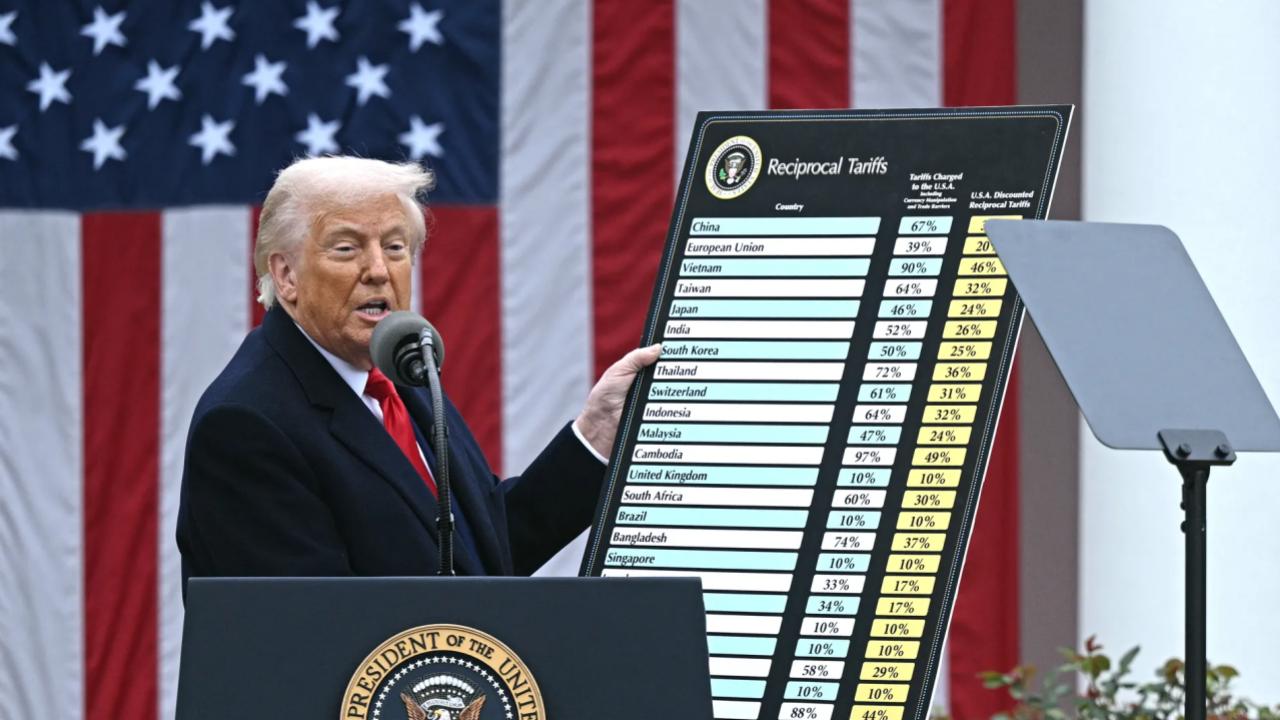A sudden shake-up on Capitol Hill is sending shockwaves through Washington: Rep. Mark Green (R-TN) has announced his resignation from Congress, slicing an already razor-thin GOP House majority even thinner. The question on everyone’s mind—is a Democratic takeover of the House now within reach?

Green, who chairs the influential House Homeland Security Committee, plans to step down after the House holds a final vote on a high-stakes tax-and-budget mega-bill expected before Independence Day. That timing isn’t just symbolic—it’s strategic.
Surprise GOP Resignation Rocks Congress
| Takeaway | Stat |
|---|---|
| GOP House majority is down to 219–212 | Previously 220–212 |
| Green’s seat won’t be filled until a special election | TN-07 leans Republican |
| Only 3 GOP defections can tank a bill | House math now that tight |
This isn’t a seismic shift in House control—yet. But it’s a powerful reminder that the GOP majority hangs by a thread. Every vote, every absence, every resignation counts. If more Republicans follow Green’s lead, the door could swing open for Democrats. Until then, expect nail-biting floor sessions and no room for error.
Why Mark Green’s Exit Matters
Green’s announcement caught many off guard, even among GOP leadership. A West Point graduate and staunch ally of former President Donald Trump, Green has long been a reliable conservative vote.
He cited a mix of personal and professional reasons for his departure but made clear he wanted to stick around just long enough to vote one last time on the mega-bill Republicans are pushing. That bill is designed to slash taxes, boost defense spending, and implement new border security measures—all key pillars of the 2025 GOP agenda.
“After that’s done, it’ll be time to pass the baton,” Green said in a press briefing Monday. While Green’s district—Tennessee’s 7th—is safely Republican, his exit leaves his seat empty until a special election, likely months away. And that spells trouble for Speaker Mike Johnson.
GOP Now Has Virtually No Room for Error
With the current tally sitting at 219 Republicans to 212 Democrats, and three Democratic seats also vacant, the GOP can’t afford even minimal dissent. If just four Republicans defect on any vote, the Democrats can block legislation.
This was already a challenge. Johnson has had to deal with moderates worried about the deficit and hardliners unhappy with compromise bills. Now, even routine votes will require surgical-level whip counts.

Could Democrats Actually Flip the House?
Democrats would need to win all three of their vacant seats and flip a Republican one like Green’s to regain control. Given that TN-07 is deeply conservative, that’s a long shot.
Still, Democrats are watching closely. A surprise special election upset or another GOP retirement could tip the scale. They’re already strategizing around winnable suburban districts where President Biden performed well in 2024.
What’s Next for the Mega-Bill?
The massive budget reconciliation package—arguably the legislative crown jewel of Trump’s second term—is now on a tight timeline. Leaders aim to pass it before July 4, with Green’s vote likely securing passage.
The bill includes:
- $1.2 trillion in tax cuts
- Increased military spending
- Sweeping changes to asylum and immigration law
The Senate is expected to make modest changes before sending it back to the House for final approval. Any delay or hiccup could push Green’s departure into August, but aides say he’s committed to leaving by summer.






